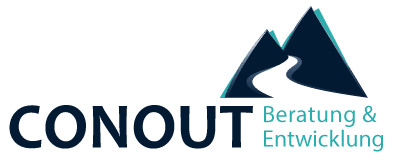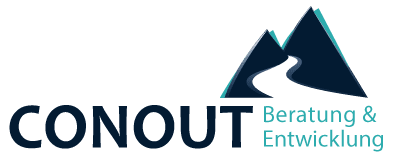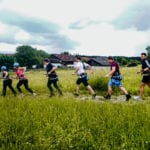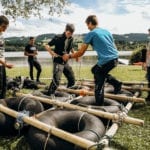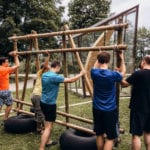Consulting & Development » Team Development


YOUR CONTACT PERSON
Markus Ried
[email protected]
BENEFITS AND GOALS OF TEAM DEVELOPMENT
A successful team needs ambitious goals and specifically negotiated responsibilities.
Team development leads to success by openly expressing mutual expectations and clearly and transparently defining areas of responsibility and rules.
The result is a well-rehearsed and effective team.
FIELDS OF TEAM DEVELOPMENT
AN AGILE TEAM NEEDS “AGILE-READY” EMPLOYEES
At the beginning agile management is always a cultural question. In particular, managers are asked to create spaces for agile project work in which employees can concentrate as independently as possible on their tasks.
Because no agile team works together smoothly – without any intervention. The regular review of “How do we do it?” and “How do we deal with each other?” is indispensable for the success of agile cooperation. Regular feedback meetings not only serve to optimize workflows, but also lead to more trust among the employees involved in the project.
This is why we train in our workshops by means of individual reflections and group exercises how to better assess self-perception and external perception, how to establish an appreciative feedback culture and how to improve continuous cooperation between all participants on a social level.
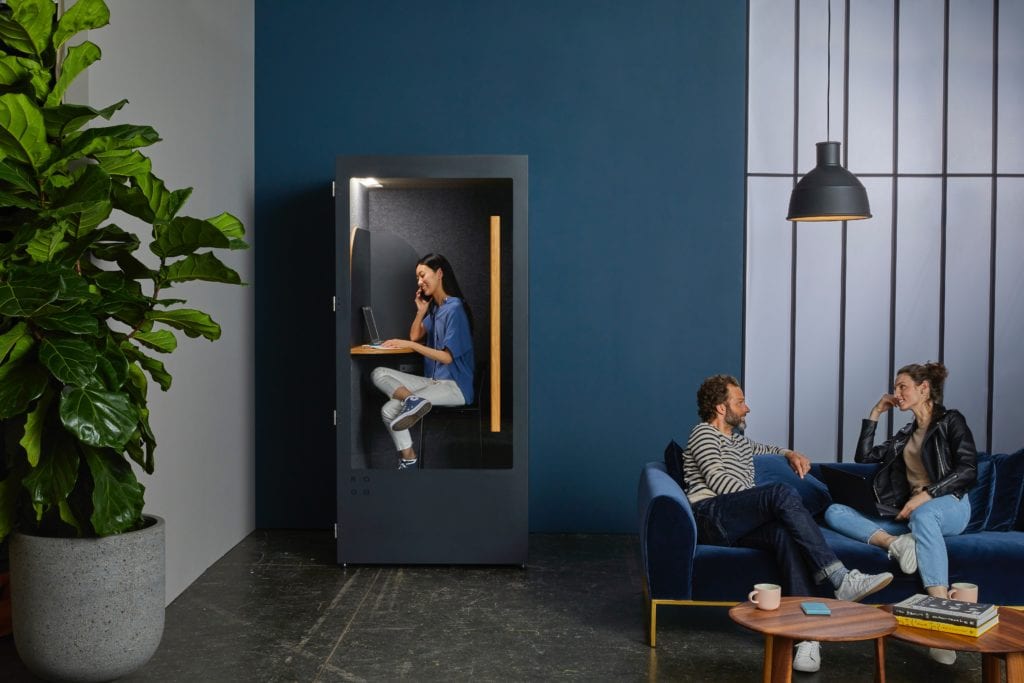

IMPROVEMENT OF COMMUNICATION & INFORMATION FLOW
A successful team thrives on the exchange of information with each other and with other teams and departments. Dealing with each other is open and criticism is expressed constructively. Our measures require and promote communication within and between teams.
In our workshops we bring people into relationships and give them space to listen and be heard. In this way we create and consolidate a positive communication culture in your team and strengthen the sense of togetherness.


DEALING WITH CONFLICTS
They take a look at their previous conflict behaviour and adopt effective methods to resolve future conflicts in a factual, peaceful and confidence-building way.
In conflict moderation, we see ourselves as clarification helpers in order to resolve an already escalated conflict situation and enable smooth cooperation again. Within this framework, we can work on conflicts within a team, between teams or between two people in a solution-oriented manner.
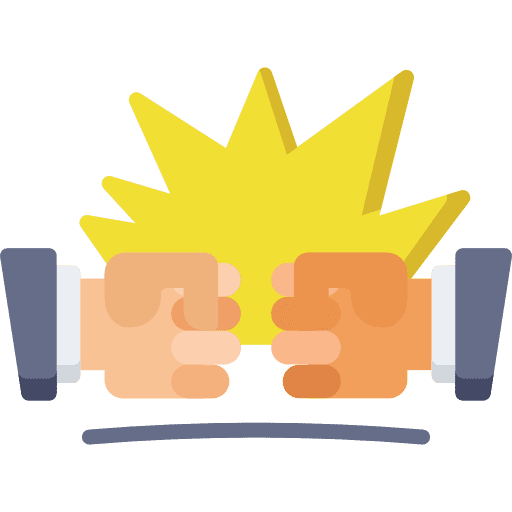

DEALING WITH MISTAKES
Successful teams deal openly with each other, any criticism of each other is expressed constructively. Especially when dealing with mistakes, a constructive behaviour of all participants is required, so that the team and the organisation can learn from it.
We support you in anchoring the principles of a healthy error culture in your company’s self-image as a “learning organisation”.


HOME OFFICE AND REMOTE TEAMS
In Home office, at another company location or project-related scattered around the globe – many employees work from different locations.
Scattered teams need extended rules of the game and specific rituals to perform well. This includes rules of conduct for the home office, virtual office hours, as well as special arrangements for the online meeting culture. Team spirit and motivation can also be well promoted virtually.
In our remote team training courses, you will learn how group dynamic processes work in distributed teams and how you can manage them in everyday life. You will recognize which “disturbances” and obstacles your team is consciously and unconsciously confronted with and develop solutions for them.
With this training you give your team a boost and prepare yourself even better for contemporary, digitalized work.
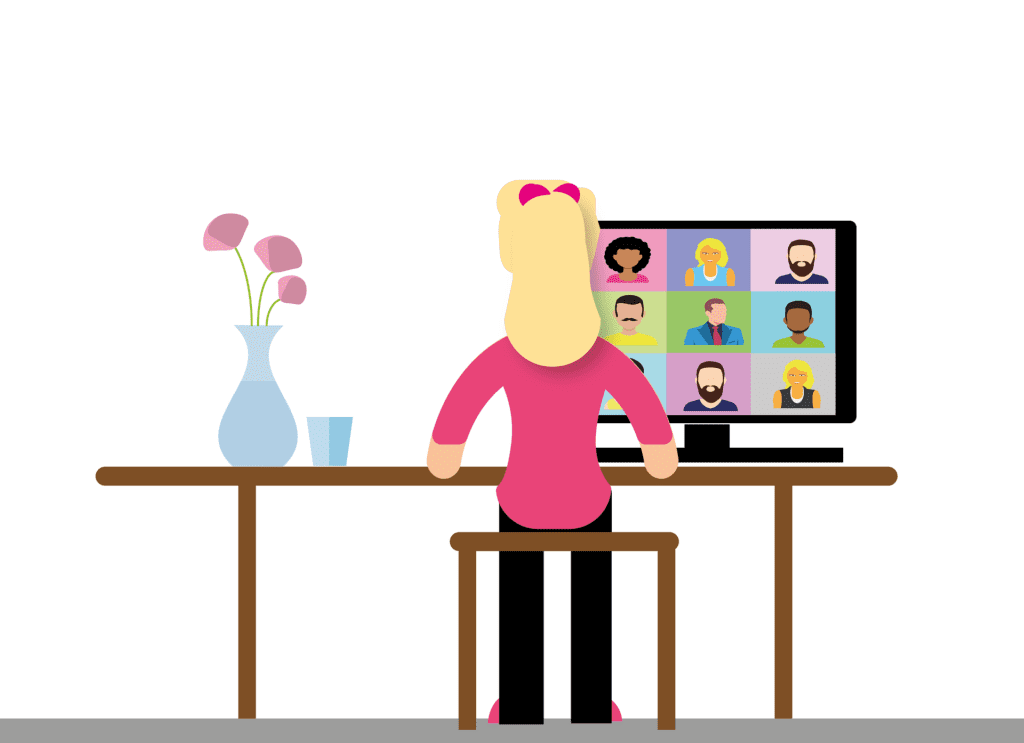

INCREASE TEAM SPIRIT & MOTIVATION
A successful team is characterised not only by an appreciative way of dealing with each other but also by the fact that the team members complement each other in their abilities and master tasks together.
Ideally, the team members act independently and on their own responsibility – as long as they consider their contribution to joint success to be sensible and their individual motivators have been taken into account in the distribution of tasks. We support you on your way to a team that recognises its own work and learning tasks and takes joint responsibility for achieving the goals through a pronounced sense of togetherness.


INTEGRATION OF NEW TEAM MEMBERS
New colleagues in the team bring movement into proven structures and can cause irritations on the level of well-being and behaviour in the team. Targeted integration is crucial so that old and new team members do not become disoriented.
Goals, tasks, roles, procedures and rules for cooperation must be redefined. We support you in clarifying new competencies and responsibilities as well as in quickly finding each other on a personal level so that you can once again embark on a common road to success.


TEAM COACHING
Whenever a team has a particular challenge, it can make sense to bring about the necessary change through several short, effective team coaching sessions. In contrast to classic two-day workshops, small sessions of 2 to 4 hours are used to discuss specific aspects, develop solutions and define a short-term implementation plan.
Each participant takes concrete homework with them, the implementation of which will be discussed in the next session. Successes can be shared. In the event of failure, alternative patterns of action can be developed.
Team coaching is particularly helpful in the following team scenarios:
– New or complex tasks
– Hardened conflict in the team
– Sense of impotence
– Cultural change
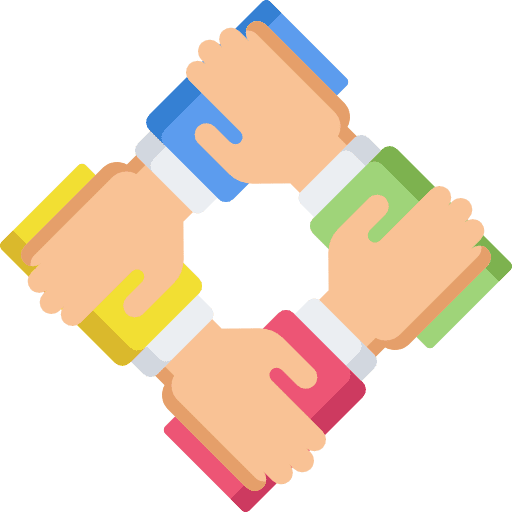

OUR PHILOSOPHY
Goals, structure, processes as well as communication, trust, relationships, leadership and roles are our working levels in team development. The modelling of the “hard” and “soft” factors allows a group of individuals to form a high-performance team.


A team development starts with the discussion of framework conditions and the formulation of concrete goals. From this we develop your ideal workshop design. The results are sustainable agreements and concrete implementation plans.
The best approach to team development is a mix of experience – reflection – transfer. Expert input paired with active elements make team dynamics tangible and visible for all participants. Building on this common anchor of experience, behavioural and communication patterns can be openly discussed and renegotiated.


We differentiate between team development and team building according to objective:
- What do you want to achieve with your team?
- What should be different afterwards?
TEAMBUILDING
Targets: Get to know better, break down barriers, motivation & fun.
Carrying out joint actions as a unifying experience.
In numbers: 80-100% experience / 20-0% reflection of what has been experienced.
TEAM DEVELOPMENT
Targets: Improve communication, clarity on tasks & roles.
Sustainable improvements in team dynamics and processes.
In numbers: 40-60% Experience / 60-40% Reflection on what has been experienced.
OUR LATEST CONTRIBUTIONS TO THE TOPIC
-
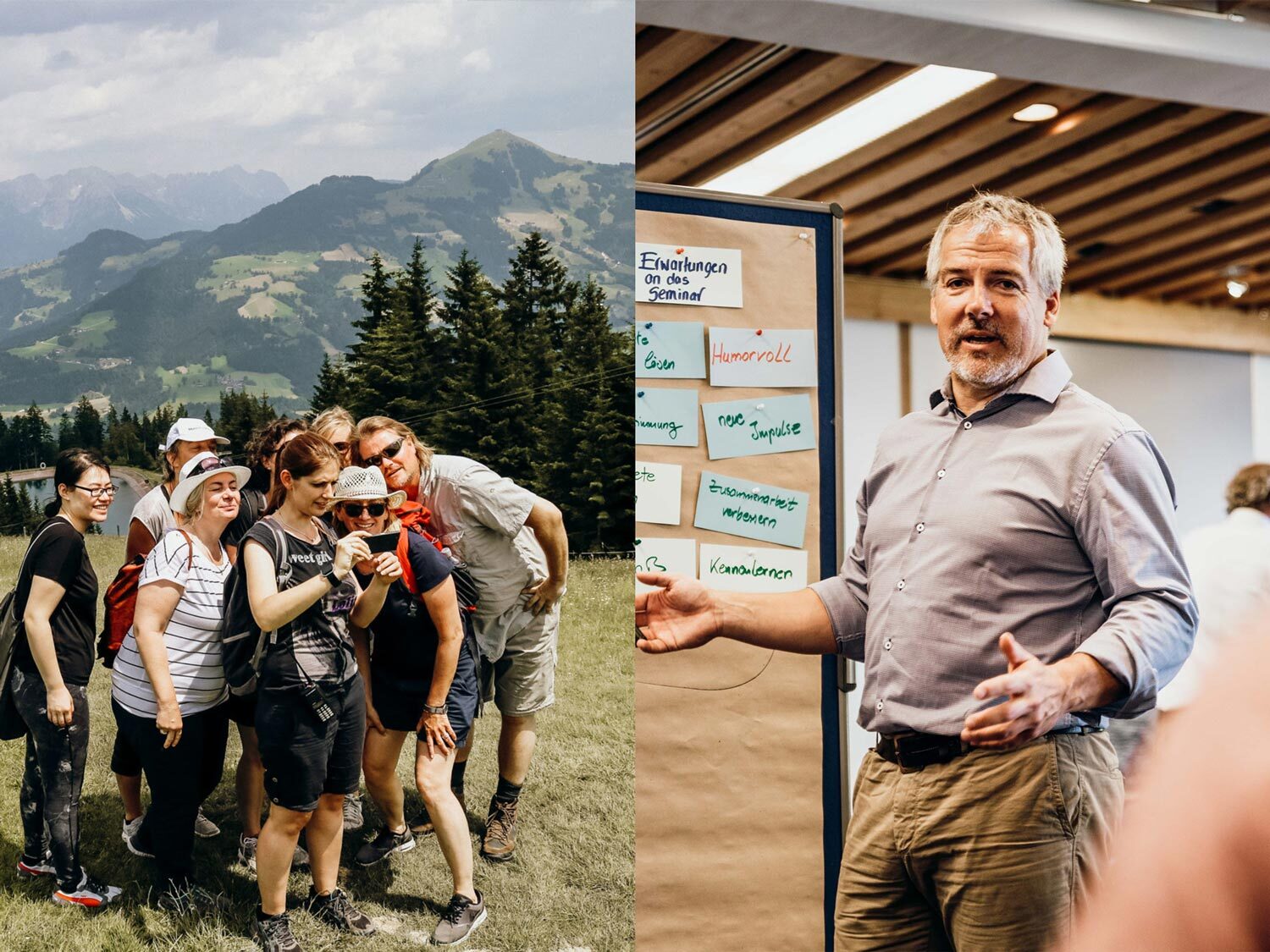 23. August 2021The question of whether team development or team building makes more sense for you depends on the objective. The following two questions need to be answered: What do you want to achieve with your team? What should be different afterwards? To help you decide, we have designed a checklist that we provide in this article.
23. August 2021The question of whether team development or team building makes more sense for you depends on the objective. The following two questions need to be answered: What do you want to achieve with your team? What should be different afterwards? To help you decide, we have designed a checklist that we provide in this article.
PLEASE CONTACT US AND ASK FOR INFORMATION WITHOUT OBLIGATION.
WE WILL GLADLY MAKE YOU A TAILOR-MADE OFFER!
